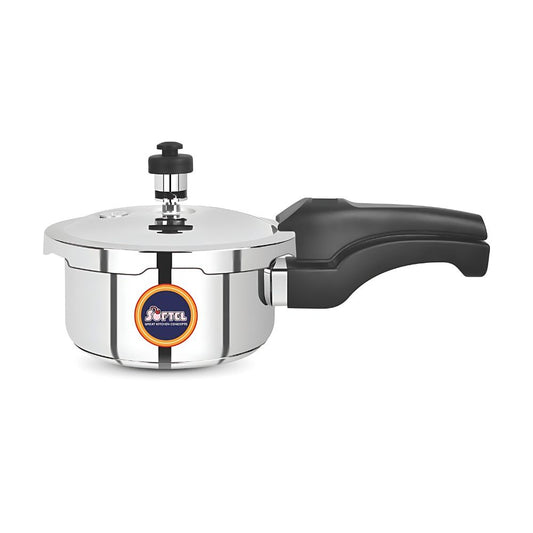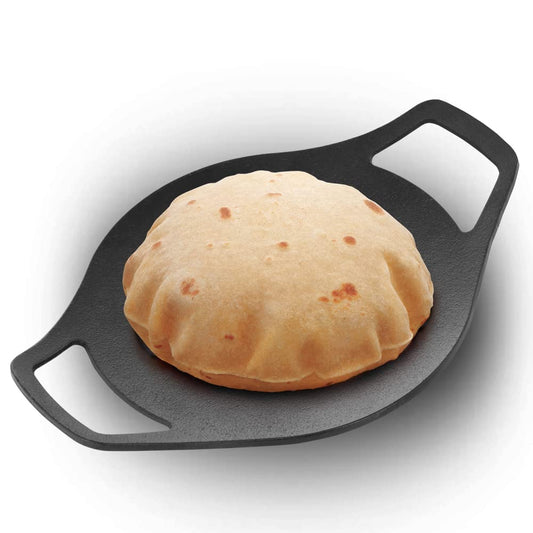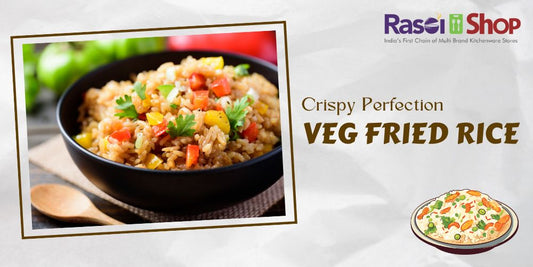- Non-slip mats are not only functional but also easy to clean, helping you maintain a hygienic cooking environment without compromising safety.
- Non-slip mats provide a secure footing, reducing the risk of slips and falls while cooking or cleaning in the kitchen.
- Always store knives in designated knife blocks or magnetic strips to prevent accidental contact and ensure they are out of reach of children.
- When preparing food, position knives with their handles facing inward on the cutting board to minimize the chance of accidental grabs or slips.
- Frequently check the expiry dates of food items to avoid using spoiled ingredients, which can lead to foodborne illnesses.
- Implement the "First In, First Out" (FIFO) method by placing newer items behind older ones, ensuring that you use up older products first.

- Store cleaning supplies away from food items to prevent accidental contamination and ensure that they are not mistaken for food products.
- Periodically review your cleaning supplies to ensure they are safe to use and properly stored, discarding any expired or unused products.

- When removing lids from pots, open them away from your face to avoid steam burns.
- Never leave boiling water unattended on the stove. Stay nearby to ensure that it doesn’t boil over or cause a fire hazard.
- Regularly clean countertops and cutting boards to prevent cross-contamination of food and reduce the risk of foodborne illnesses.
- Establish a cleaning routine that includes daily tasks, such as washing dishes and sanitizing surfaces, to keep your kitchen consistently safe and organized.
- Having a fire extinguisher readily available in your kitchen allows you to quickly respond to any fire emergencies, potentially preventing extensive damage.
- Follow the manufacturer's instructions for maintaining your fire extinguisher, including regular inspections and any necessary recharging or replacement.

By following these essential kitchen safety tips, you can create a secure and enjoyable cooking environment for yourself and your loved ones. Remember, safety should always be the top priority in the kitchen. Happy and safe cooking!





